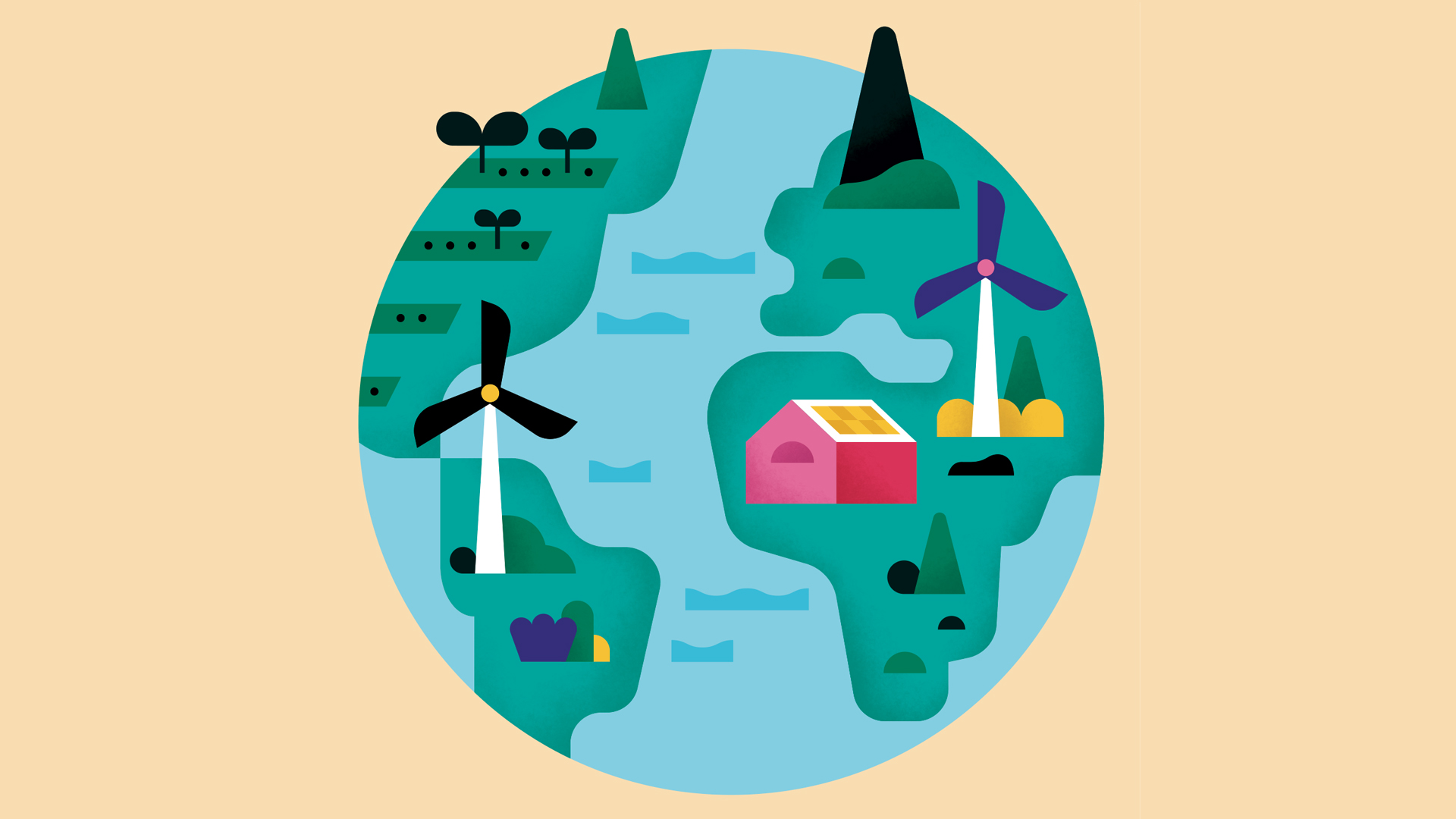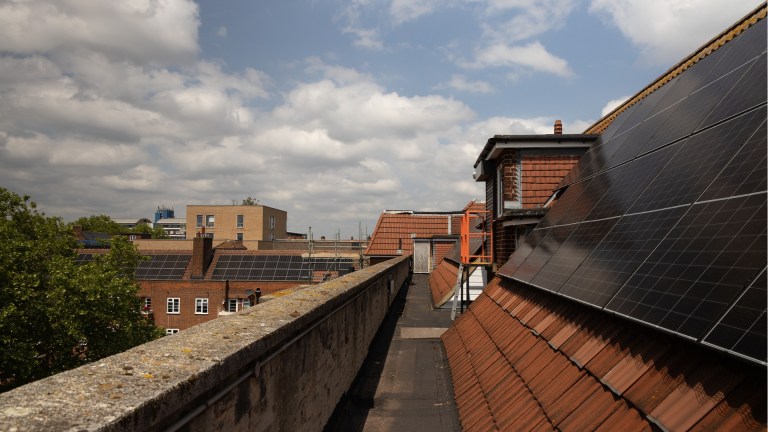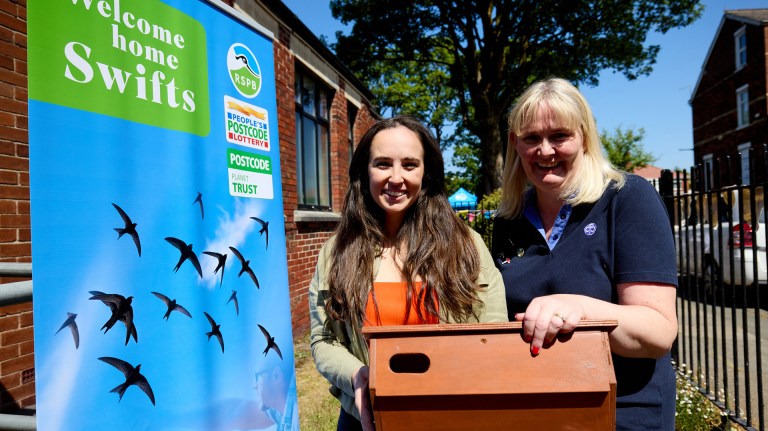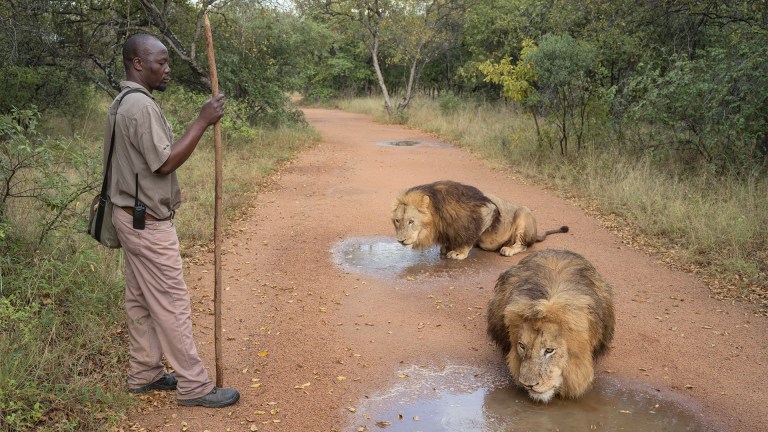There is no point in sugar-coating the pill. Climate breakdown due to global heating caused by our carbon-polluting activities is ramping up year on year, and the future looks bleak. There is no requirement any longer to listen to the increasingly dire warnings from climate scientists and the Intergovernmental Panel on Climate Change (IPCC), you just need to check the news feeds or watch your TV screens to see what is happening to our world.
Our climate isn’t just changing, it is beginning to fall apart. The resulting explosion of extreme weather over the last five years is now impossible to ignore, from biblical floods in Pakistan to unprecedented wildfires in the US and Canada, and record-breaking heat pretty much everywhere. So far, the UK has been shielded from the worst, but the 40C+ temperatures recorded last summer and the wildfire that surged through the village of Wennington on the outskirts of the capital provide a small glimpse of what is coming.
It is perfectly possible that what we are experiencing has never happened before in the 4.5-billion-year history of the Earth. Yes, the climate has changed in the past, many times. And it has been hotter than it is now, all down to natural variation caused by a multiplicity of factors. But levels of carbon dioxide – the principal greenhouse gas – in the atmosphere and the average temperature of our world have probably never climbed so rapidly. Since the industrial revolution, the pumping out of carbon dioxide by human activities and the destruction of forests and other natural ‘sinks’ that absorb carbon has resulted in a 50 per cent rise in the gas in the atmosphere. This in turn has led to the rapid heating of the planet, which is causing our once-stable climate to fail.
Your support changes lives. Find out how you can help us help more people by signing up for a subscription
Averaged over the last five years, the temperature of our world has climbed by a little under 1.3C compared to pre-industrial times. Such is the rate of increase that 1.5C could be reached in the next few years and almost certainly by 2030. This is a figure that is widely regarded as marking the so-called dangerous climate change ‘guardrail’, beyond which climate breakdown becomes all-pervasive, affecting every part of the planet and insinuating itself into every aspect of our lives.
To have any chance of dodging this, global carbon dioxide emissions would need to fall 50 per cent by 2030 – a little more than 80 months away. There is still much talk of how vital it is that we keep 1.5C ‘alive’, but the brutal truth is that it is dead in the water. It is now practically impossible for us to stay this side of the guardrail, so we must accept the fact that dangerous climate change is certain. Many countries are coalescing around 2050 as a target for achieving net-zero emissions – in other words carbon neutrality – but by then our planet could easily be 2C hotter.










